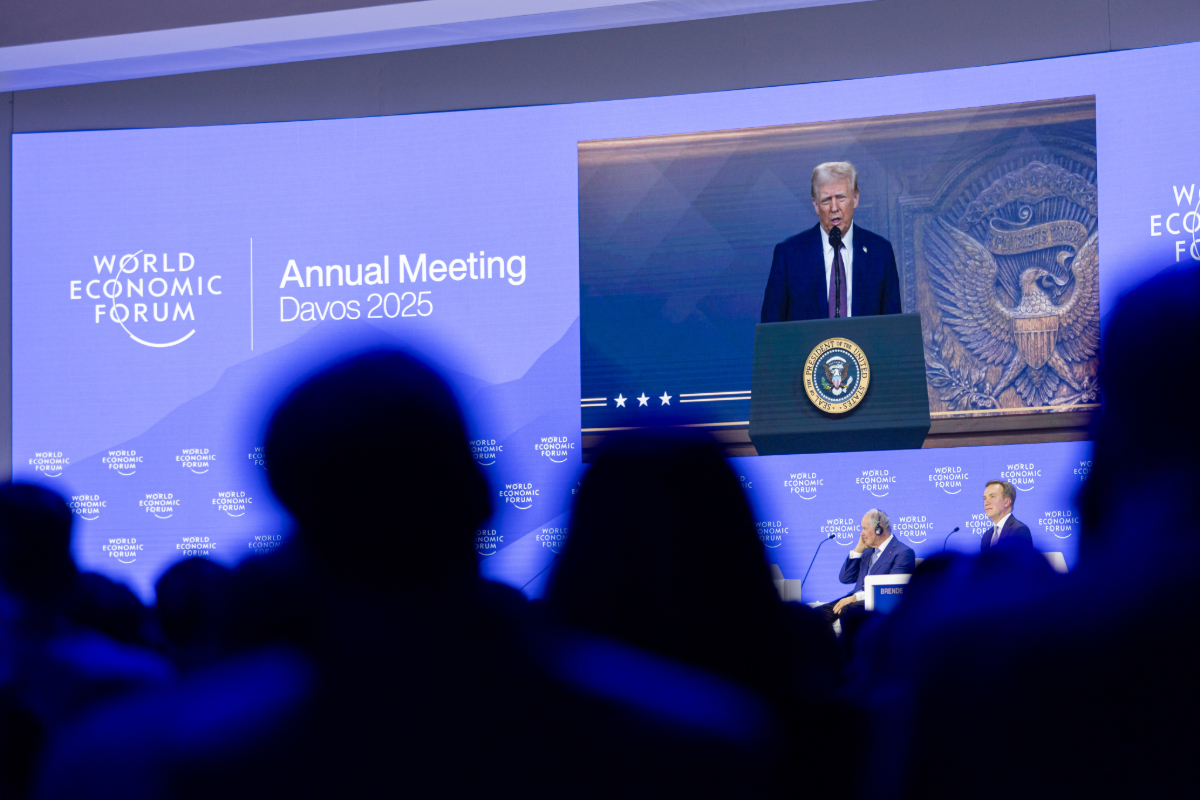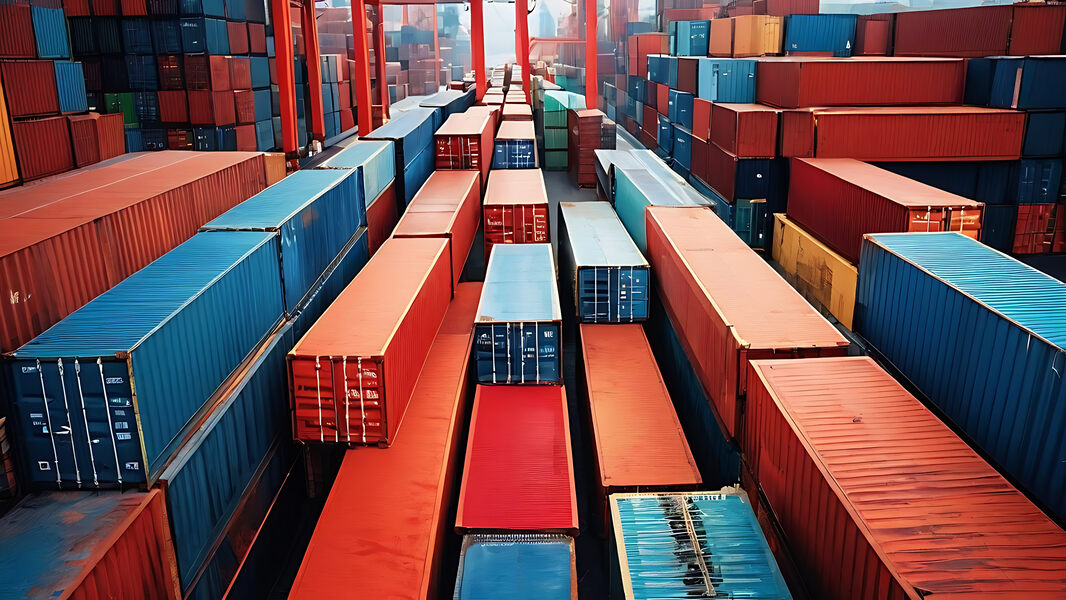
Policy stability and government efficiency
There are certain particularities that underline the competitiveness of countries. We consider these characteristics as attractiveness indicators and asked respondents to our Executive Opinion Survey to select the top five indicators (from a list of 15) for their respective economies. Among these indicators we include cost competitiveness and the availability of skilled workforce. In the Criterion of this month, we focus on the dynamics between one of the attractiveness indicators, specifically policy stability, and a set of relevant variables related to government efficiency.
We observe that for nine out of the top 20 countries in the 2016 overall competitiveness ranking (see table below), survey respondents believe that the stability of government policy is one of the top three attractiveness indicators of their respective countries.
| Table1. Competitivenes and policy stability | ||
| Country | Overall competitiveness ranking 2016 | Policy stability – attractiveness rank |
| Switzerland | 2 | 1 |
| Singapore | 4 | 1 |
| Denmark | 6 | 2 |
| Norway | 9 | 1 |
| Canada | 10 | 3 |
| Luxembourg | 11 | 1 |
| Germany | 12 | 3 |
| Qatar | 13 | 1 |
| New Zealand | 16 | 1 |
We conduct several statistical tests to identify the most relevant variables in determining policy stability. We find that the effectiveness of the legal and regulatory framework, and the effective implementation of government decisions are highly significant in determining the stability of policies. The legal and regulatory framework and the fair administration of justice are similarly fundamental for government efficiency. Interestingly, we find no evidence that policy stability have a strong role in government efficiency; although the interaction among both indicators is positive. In any case, results suggest that the effectiveness of the legal and regulatory framework is the most influential and the common variable in determining both the stability of the policy context and government efficiency.
We thus assess which indicators have a significant impact on the effectiveness of the legal and regulatory framework. We find that the adaptability of government policy, the effective implementation of government decisions, bureaucratic efficiency, the fair administration of justice and the transparency of government play a meaningful role in determining the effectiveness of the legal and regulatory system.
Divisive politics increase the likelihood of political polarization and thus of instability and insecurity in the socio-political environment. The findings herein summarily discussed are a reminder of the importance of a stable and effective political context for the achievement of long-term value creation beyond purely economic gains; that is, for the competitiveness of countries.
Research Information & Knowledge Hub for additional information on IMD publications

Business leaders at this year's World Economic Forum sought to block out the political noise and focus on what's happening in the real economy.

Many new businesses have emerged in recent years with few employees, no roots in the community, and heavily reliant on Big Tech for survival. How does this square with the demands for responsible leadership?
With stagnant import volumes since 2021, and import prices at levels below those suggested by fundamentals, foreign exporters face an uphill battle to convert access to the Chinese market into revenues. Notably, the volume stagnation predates the ...

Early in his career, Dolf van den Brink did everything he could to project an image of authority – including wearing spectacles he didn’t need. It wasn’t until he learned to be comfortable in his skin that he began to excel as a leader, he tells ...

Early in his career, Dolf van den Brink, CEO of Heineken since 2020, did everything he could to project an image of authority – including wearing spectacles he didn't need. It wasn't until he learned to be comfortable in his skin that he began to ...
It has become conventional wisdom to view Europe as an economic powerhouse past its prime, overshadowed by the steady advance of the US and meteoric rise of China. Critics cite Europe’s shrinking share of global GDP, excessive regulation, and slug...
Now in its eighth year, the 2024 IMD World Digital Competitiveness Ranking measures the capacity and readiness of 67 economies to adopt and explore digital technologies as a key driver for economic transformation in business, government, and wider...
The UAE has been making waves recently in the technology world. A $1.5 billion deal between American tech giant Microsoft and Abu Dhabi’s AI champion,G42, seems to mark a shift in global alliances. This deal is significant not just in terms of the...

Michael Wade and Tomoko Yokoi explain how IMD ranked the world's leading companies on AI adoption and use – and reveal which topped the list.

A balanced assessment of the past eight years is that, in terms of trade policy, America has turned protectionist, implementing significant measures to restrict domestic market access to foreign (non-US) imports.
in I by IMD 24 January 2025
Research Information & Knowledge Hub for additional information on IMD publications
in I by IMD 14 January 2025
Research Information & Knowledge Hub for additional information on IMD publications
Research Information & Knowledge Hub for additional information on IMD publications
Research Information & Knowledge Hub for additional information on IMD publications
Research Information & Knowledge Hub for additional information on IMD publications
Research Information & Knowledge Hub for additional information on IMD publications
IMD World Competitiveness Center Report, 14 November 2024, 8th edition
Research Information & Knowledge Hub for additional information on IMD publications
Research Information & Knowledge Hub for additional information on IMD publications
Research Information & Knowledge Hub for additional information on IMD publications
Research Information & Knowledge Hub for additional information on IMD publications

